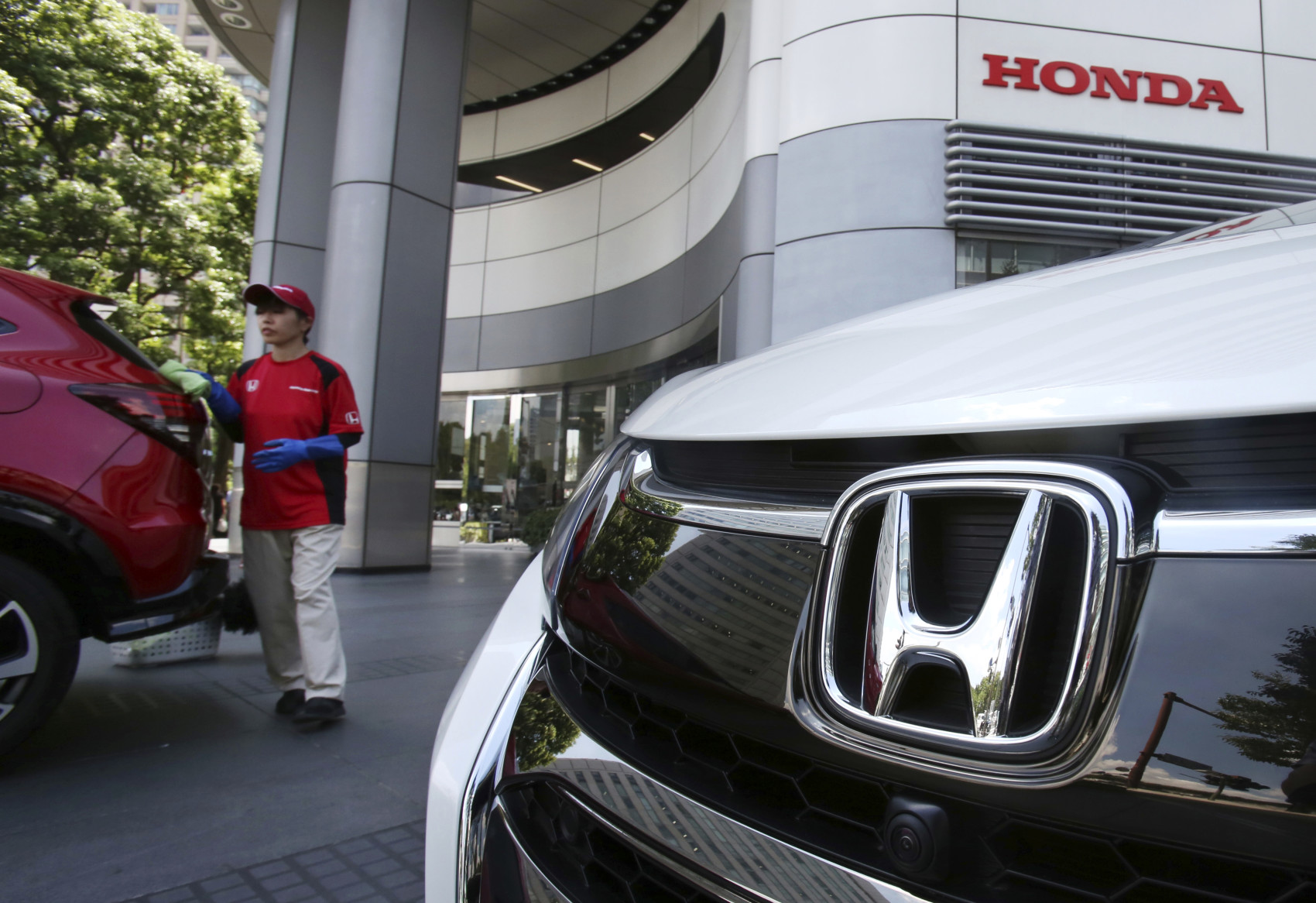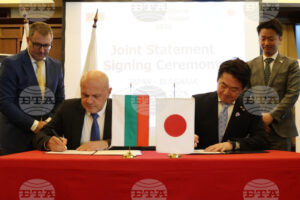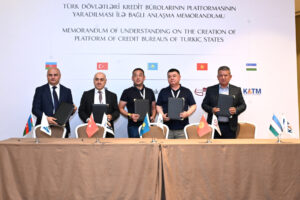Tokyo, 7 February, /AJMEDIA/
A once-envisioned historic tie-up between Honda Motor Co and Nissan Motor Co has collapsed, forcing the two major Japanese automakers to reassess their strategies to stay competitive against global electric vehicle makers.
Nissan’s struggles, in particular, are expected to deepen, as Japan’s third-largest automaker by volume had looked to Honda, the second-largest, for a turnaround and now faces renewed speculation about a potential stake purchase by Taiwanese electronics giant Foxconn.
Just a little more than a month before, Honda and Nissan announced they agreed to begin talks on merging under a holding company, which could have created the world’s third-largest automaker group to compete with U.S. and Chinese EV manufacturers.
The new entity would also have formed one of Japan’s two largest auto groups alongside Toyota Motor Corp’s group.
However, Nissan ended the merger talks over concerns about maintaining its management independence and disagreements with Honda on streamlining measures.
Auto analyst Takaki Nakanishi suggested the integration talks were never truly “equal,” despite Nissan President Makoto Uchida emphasizing equality when announcing the merger in December.
Honda’s intention was to “gain control of Nissan” to emerge as one of the world’s top automaker groups, said Nakanishi, the CEO of the Nakanishi Research Institute.
Each company was to retain and operate its brand under the holding company, with Honda taking the lead by appointing the president and a majority of board members.
However, after failing to receive a satisfactory response from Nissan on its turnaround plan — a key condition for the merger — Honda proposed making Nissan its subsidiary, a move vehemently opposed within the Yokohama-based automaker.
“We were supposed to do things together under the plan. We cannot accept being swallowed,” a source close to Nissan said.
According to Nakanishi, “Honda seems to have proposed a buyout of Nissan in an attempt to directly intervene in its governance since Nissan was unlikely to proactively meet Honda’s expectations.”
From the outset, doubts have been swirling over the chemistry of the two companies, which pundits have described as “water and oil,” with Honda known for its emphasis on technology development and Nissan for its bureaucratic tendency.
For its part, Nissan has struggled in China against strong local rivals offering more affordable EVs, while its U.S. business has suffered due to its lack of popular hybrid models.
With both Nissan and Honda seen as having a hard time surviving independently amid industry turbulence, the immediate focus will shift to Nissan’s potential search for new partners.
Nissan was initially seen as entering merger talks with Honda in a desperate bid to block Foxconn, which has sought to leverage Nissan’s auto technologies, from gaining influence over its management.
With the merger plan between Honda and Nissan virtually collapsed, Foxconn, formally known as Hon Hai Precision Industry Co, may step up efforts to acquire a stake in Nissan, analysts say.
Late last year, a Hon Hai source said the company had approached Renault SA, Nissan’s largest shareholder, about acquiring some of its shares in the Japanese automaker, believing Nissan would struggle to turn its business around on its own.
Hon Hai acquired Japanese electronics maker Sharp Corp in 2016, marking the first takeover of a major Japanese firm by a foreign company.
“Without a dominating force from outside, Nissan remains lacking a sense of crisis (about its own situation),” a Hon Hai source said.









































